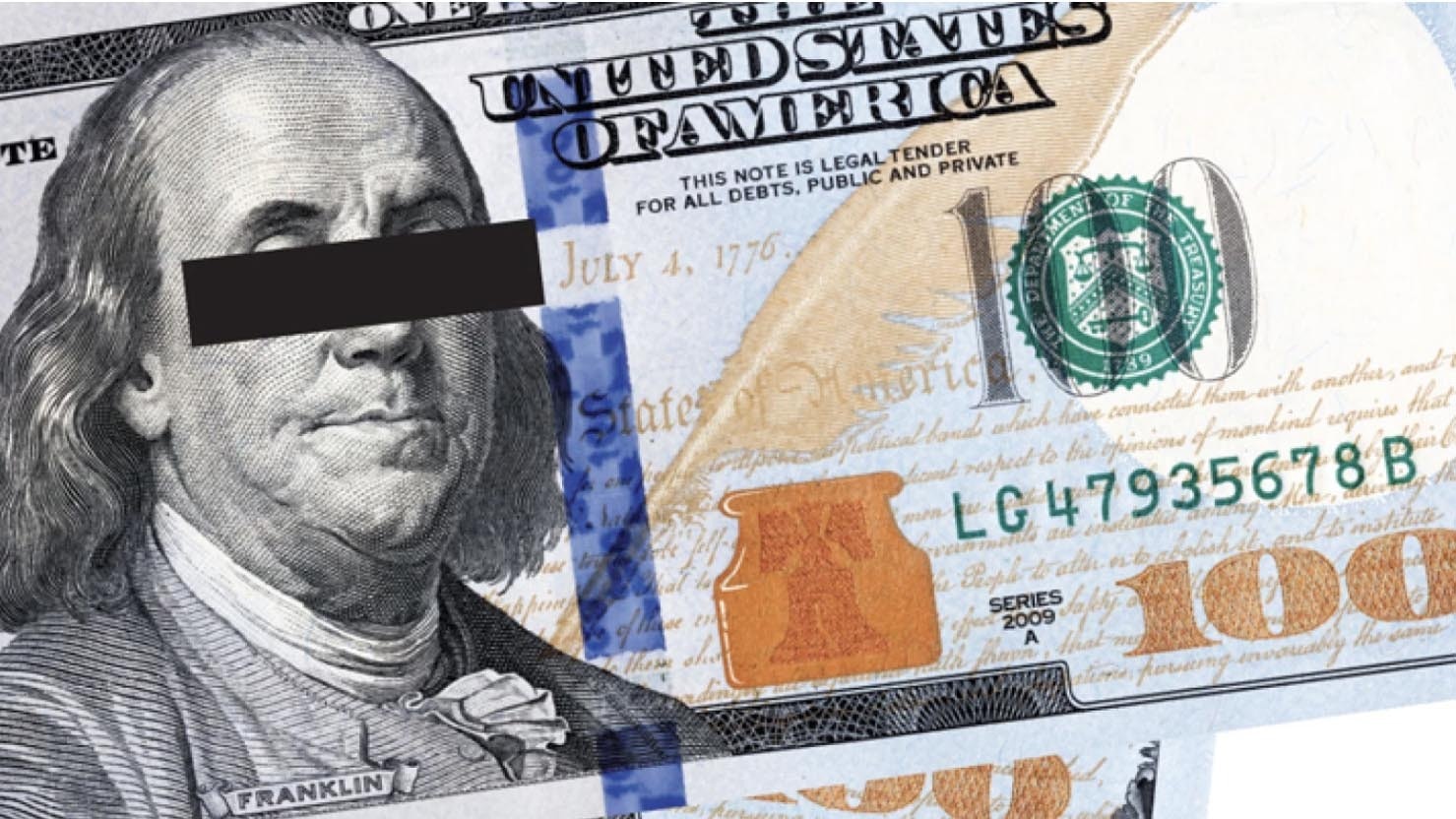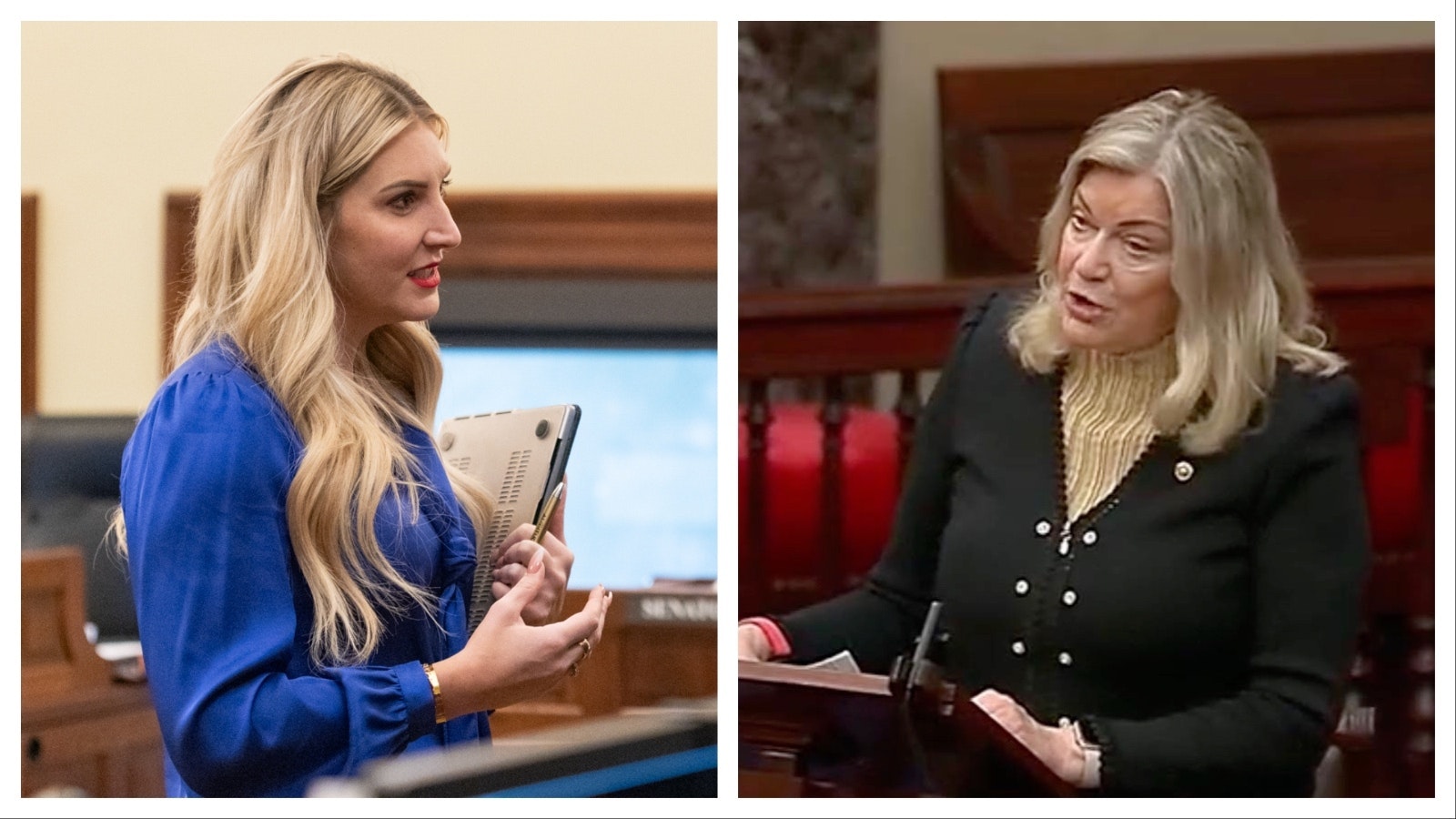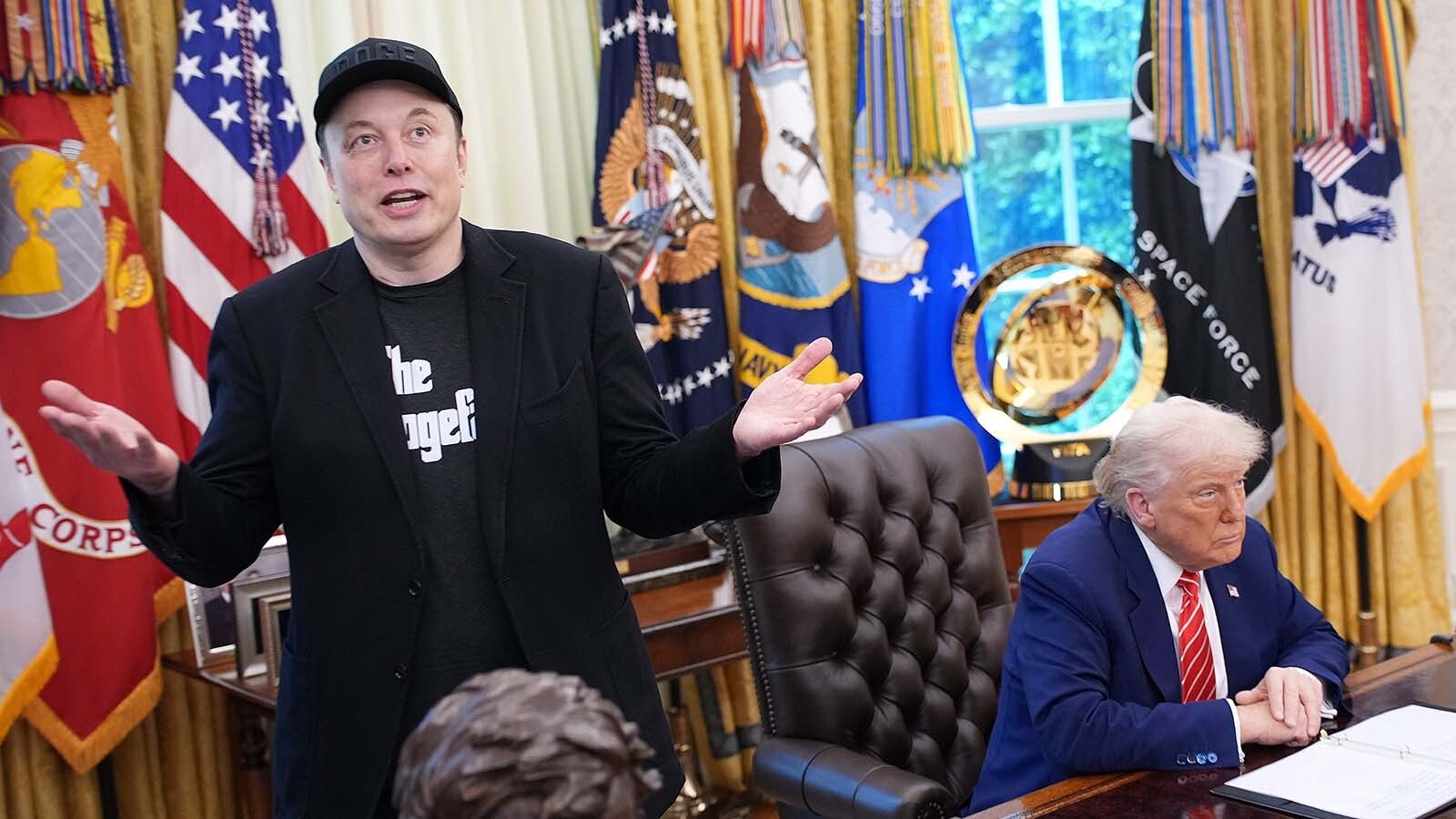“Dark money,” has become a fixture of American politics and some are questioning whether it is time to rein it in.
A Laramie man’s attempt to negate the U.S. Supreme Court ruling that allowed corporations to make independent campaign expenditures was greeted with some skepticism by a legislative committee last week.
Laramie resident Ken Chestek is trying to push the Wyoming Legislature to join other states in signing a resolution calling for a Constitutional amendment banning corporations from making independent campaign expenditures.
Chestek runs Wyoming Promise, an organization working to remove corporate influence from elections and create better election transparency under the belief that corporations are not people.
“Wyoming Promise is the thought that corporations are not people and only people can tell their preference in candidates,” said former state Sen. Michael Von Flatern.
Chestek wants Wyoming to join the other states in endorsing an amendment that would overturn the U.S. Supreme Court’s “Citizens United” decision that allowed corporations to spend money on a candidate’s behalf without having it counted as a direct donation to the candidate. The ruling means corporations can spend unlimited amounts to support a candidate as long as funding decisions are made without the candidate’s knowledge.
City councils in Gillette, Laramie, Lander and Cheyenne and the Wyoming Association of Municipalities have joined in support of the resolution.
But Chestek’s proposal was met with some opposition when he presented it to the Legislature’s Corporations, Elections and Political Subdivisions Committee on Thursday.
Sen. Charles Scott, R-Casper, said although he does not want corporations involved in elections and supports campaign finance reporting requirements, he worries the resolution is a threat to the First Amendment.
“I know there’s a big push from the left to overturn Citizens United and they have an advantage because so much of the media, both print and electronic, is dominated by the left and they have been quite selective in their reporting on a bunch of national things,” he said.
Steve Klein of Wyoming Liberty Group, a nonpartisan group that encourages citizen participation in government and free speech, issued an even stronger rebuke, saying the only change Citizens United initiated was to prevent the banning of a movie about former Presidential candidate Hillary Clinton. He describes dark money as a “red herring” issue.
“There are myriad organizations that have not and never will disclose their donors,” he said. “Even though they engage in political speech that’s going to somehow, somewhere down the road, 8 degrees of separation, affect an election.”
In 2020, the State of Wyoming fined Second Amendment advocacy group Wyoming Gun Owners for failing to disclose its donors, saying the organization spent more than $500 on “electioneering communication,” so it was subject to financial disclosure laws. In March, a federal judge said this fine was unconstitutional.
“I don’t have to know who their donors are, frankly I don’t really care,” Klein said.
One of the most prominent Wyoming examples of the use of dark money can be seen in the U.S. House race between Rep. Liz Cheney and Harriet Hageman, with millions of dollars of out-of-state super PAC money pouring in to support both sides.
Recently, a $50,000 contribution from an organization known as “Snow Goose LLC” caught the attention nonpartisan election watchdog group The Campaign Legal Center. The CLC filed a complaint with the Federal Elections Commission alleging that Snow Goose is a “shell company” created solely to contribute to a super PAC supporting Hageman’s campaign.
“It’s a classic straw man donation,” Chestek said. “Under the current law, it’s probably legal to do that and it shouldn’t be. That kind of secrecy should never be allowed.”
But Klein argued the action probably was illegal and added the FEC is adequately surveilling dark money and foreign money in elections, so the change proposed by Chestek is unnecessary. He said passage of the resolution could threaten the First and Fourth amendments.
Although Citizens United gave corporations the right to spend unlimited amounts of money in electioneering efforts, it also left in place requirements that all expenditures must be reported, which Chestek said donors have found a way around with “straw man” donations such as the one challenged by the CLC.
Chestek, who is running in House District 13 this year as a Democrat, rejected Scott’s claim that resolutions like his are an example of partisan efforts, saying both parties are guilty of accepting dark money, with Democrats doing so more frequently in recent years. He also noted the concept had the unanimous support of the Gillette City Council.
“I don’t think you could classify the Gillette City Council as a left wing organization either,” he said.
In 2016, Wyoming Promise attempted to bring a similar resolution before the voters and gathered more than 20,000 signatures, falling short of requirements to put the issue on the Wyoming ballot.
In 2019, the resolution passed through the state House on a 37-20 vote, but was rejected by the Senate Corporations Committee.
“We’re back again,” Chestek said.
Chestek said the goal is to get 38 states to sign the resolution, although Wyoming’s resolution is not identical to resolutions passed in other states. If Congress passes an constitutional amendment, it will still have to be ratified by each state for the regulations to be enacted, or have regulations passed through Congress in a separate vote.
“We have several levels of checks on this but if we don’t do anything the dark money problem will simply get worse,” Chestek said. “All we’re trying to do here is allow peoples’ voices to be heard.”
Sen. Cale Case, R-Lander, said the resolution is written too vaguely to pass currently, but said he supports moving it forward for more consideration because Wyoming retains the right to choose to ratify an amendment after its passage.
Rep. Dan Zwonitzer, R-Cheyenne, agreed, saying he sees the resolution as “more of a call to action.”
The majority of the committee voted to support considering a draft of the bill at its next meeting Aug. 25-26.





